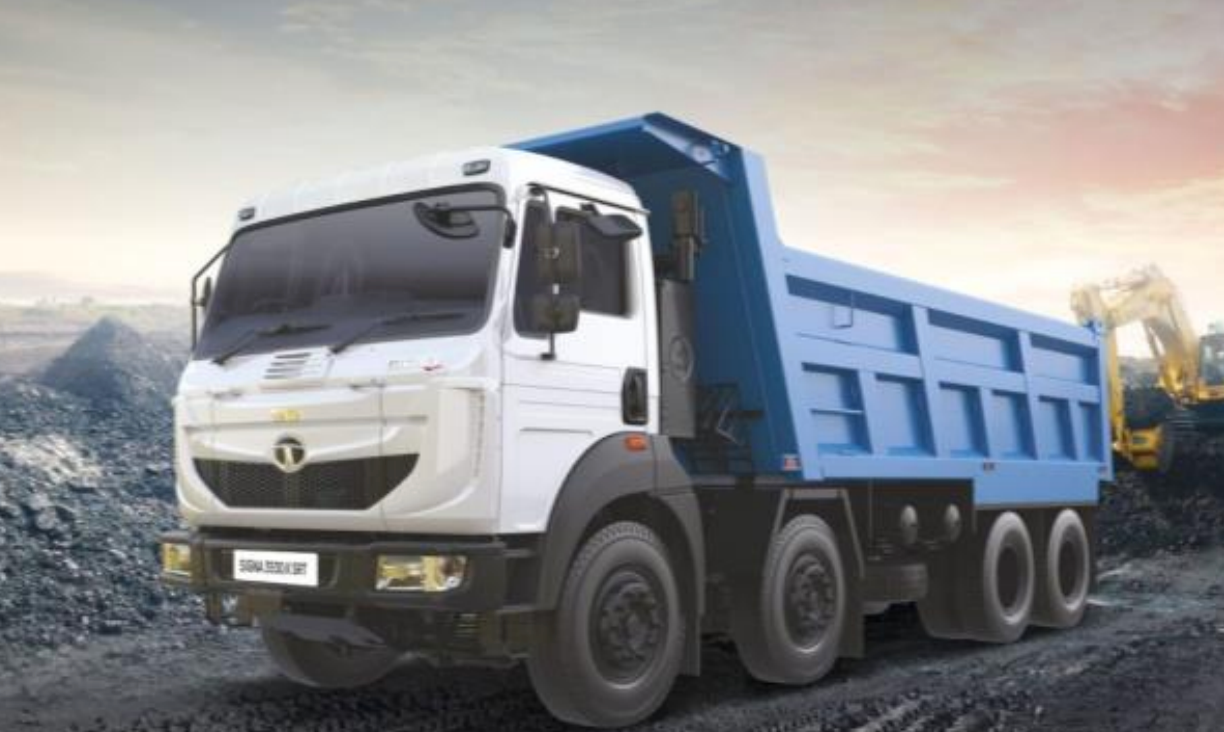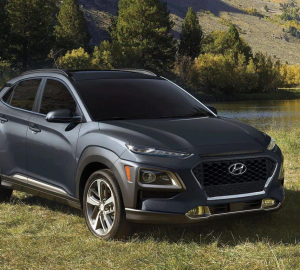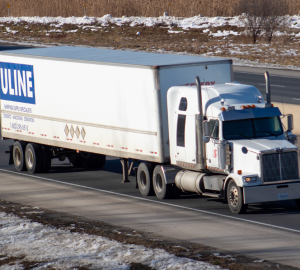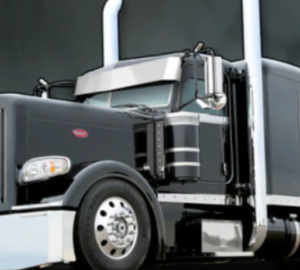As the first light of day illuminates the country’s roadways, a parade of powerful trucks roars across the terrain, their rumble a reflection of the unceasing tempo of contemporary commerce. These titans of transportation are not just a collection of metal and fuel; they symbolize the vital ties that bind the productive might of industry to the pulse of consumer need. The complex realm of trucking tells a story of advancement, tenacity, and technological breakthroughs. Let’s take a voyage through the narrative of trucking and its significant influence on our everyday existence.
An Ever-Evolving Journey
The trucking industry has evolved significantly from the era when the Ford Model T, one of the earliest vehicles adapted for cargo transport, was in use. Modern trucks are technological wonders, capable of carrying massive loads across extensive distances. The evolution, however, extends beyond the vehicles themselves; the logistics systems have also seen a transformation. Innovations such as real-time tracking, advanced routing algorithms, and AI integration have completely changed the transportation of goods, achieving new heights of operational efficiency.
The Vital Veins of Commerce
Without the trucking industry, the gears of global economies would slow to a crawl. Trucks are the go-to method for the distribution of a vast array of items, from consumer goods and agricultural products to machinery and commodities. Their role is not limited to the transportation of goods; it’s also about energizing industries, aiding farmers, and allowing businesses to thrive. The trucking sector is not just a barometer of economic health; it often signals impending changes, with the volume of truck traffic revealing patterns in economic activity.
Overcoming the Odds
The trucking industry faces numerous challenges. Drivers regularly endure demanding work schedules, and the isolation of the open road can be both a comfort and a constraint. There are also pressing environmental concerns, given the industry’s substantial contribution to greenhouse gas emissions. Nevertheless, the sector is actively seeking solutions, looking into eco-friendly alternatives like biofuels and electric vehicles to lessen its environmental impact.
The Path to a Digital and Greener Future
The trucking industry’s future is paved with technological advancements and environmentally conscious practices. The rise of connected vehicles and telematics is facilitating a level of collaboration and safety that was previously unimaginable. The industry is witnessing smarter trucks, equipped with systems to enhance route efficiency, minimize downtime, and even forecast maintenance needs.
Moreover, the concept of self-driving trucks offers a fascinating look into a future where the precision of autonomous technology meets the intricate requirements of logistics. These technological shifts are redefining the role of truck driver, creating opportunities for new skills and job functions within the sector.
The Soul of the Sector
In the midst of these transformative changes, the heart of the trucking industry is its people. The bonds formed among drivers, the stories shared over the radio, and the unwavering dedication to punctual delivery—these human aspects give the industry its unique identity. Truck drivers are the masters of their vehicles, steering not just the highways but also the complex interplay of supply and demand.
Conclusion
The trucking industry is not merely a collection of its components; it is an energetic and integral part of society’s weave. As we look to the future, it is evident that trucking will persist as a key driver in the global economy, evolving and surmounting obstacles. So, the next time the thunder of a truck breaks the silence, I see it as a symbol of the unstoppable momentum of progress—steadily rolling forward to a brighter tomorrow, delivery by delivery.
previous article




